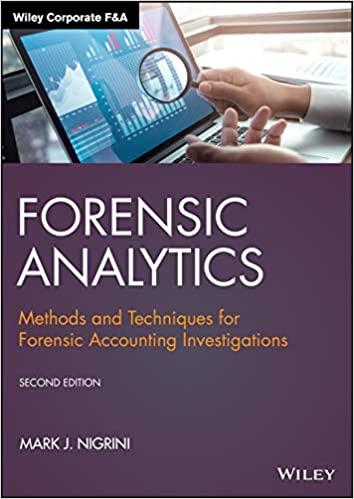19. Which of the following is FALSE? Under the Statute of Frauds it is possible to have a contract that is enforceable by one party against the other, but not vice versa. A contract becomes unenforceable if any one of the hurdles discussed in this test section is not met. The Parol Evidence Rule will not apply when trying to convince the court that future modifications to the original contract were mutually agreed to by both parties. You may forget what it is called but should never forget what should have been learned from our discussion of the Parol Evidence Rule in class which is this: if any oral promises made by the other party are so important to you that you would not be inclined to enter the contract without them you had better make sure those promises end up in the signed written contract. Otherwise, you will probably fail in your attempts to get a judge to impose those terms against the other party Assume a minor wants to buy a car but the dealer won't sell it to him unless his father agrees to back the obligation. The dealer calls dad, explains the situation and asks over the phone whether dad would be willing to back his son's deal. Over the phone dad says: "you cannot collect the entire contract obligation from my son, I will pay his debt. Later when his son defaults on the contract and the dealer goes after dad in court to enforce his promise, dad will most likely lose and be forced to pay his son's debt, assuming the court believes the oral conversation happened the way it was portrayed. Question 20 20. Stan is a 18-year-old college freshman who lives off campus with three other roommates. His car is quite old and unreliable and his roommates (who are also 18 or over) know that but even in that condition, everyone knows it to be worth at least $1,000. One cold morning while in a hurry to get to class for a test, his car won't start. In a fit of frustration and anger he starts yelling at his car and kicking it. His three roommates come out to see what is going on and hear Stan say: "1 will sell this stupid car to anybody for ten cents!" Brad, a roommate, says: " accept!" Concerning this particular set of facts, which of the following is FALSE? (Hints: Like my answer to the cumulative homework question at the end of the workbook for this section did, evaluate the accuracy of each of the following statements independently and in isolation-in other words don't simply conclude that just because one particular hurdle is not met, none of the others are met either. Also, you should know that "fraud" can only be used as a defense against the attempted enforceability of a contract.) This contract did not have to be in a signed writing to satisfy the Statute of Frauds. There is a problem with the Genuineness of Assent hurdle under these facts. There is a problem with the Consideration hurdle under these facts. The "Contractual Capacity and legality and Public Policy hurdles have both been successfully jumped here







